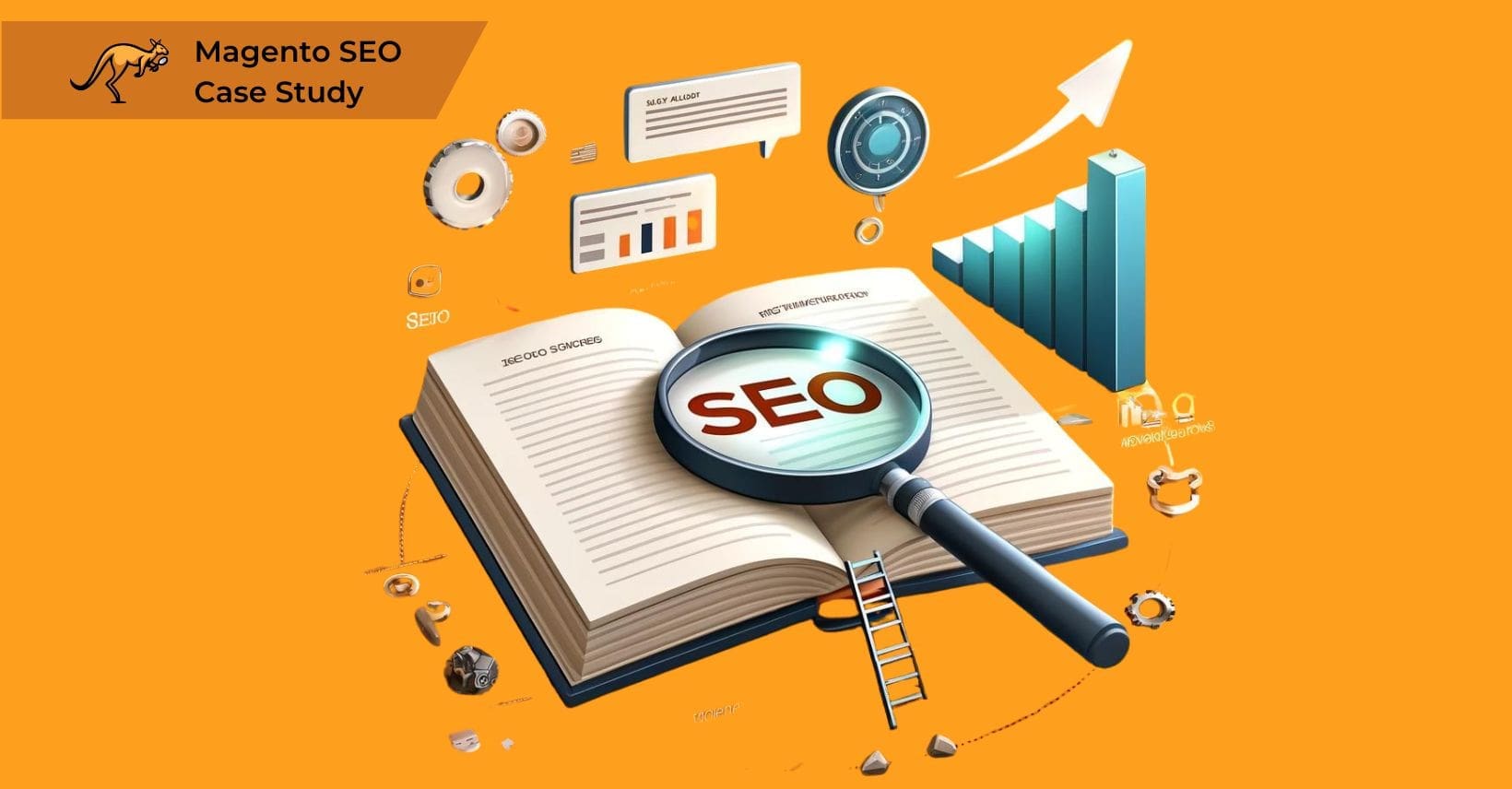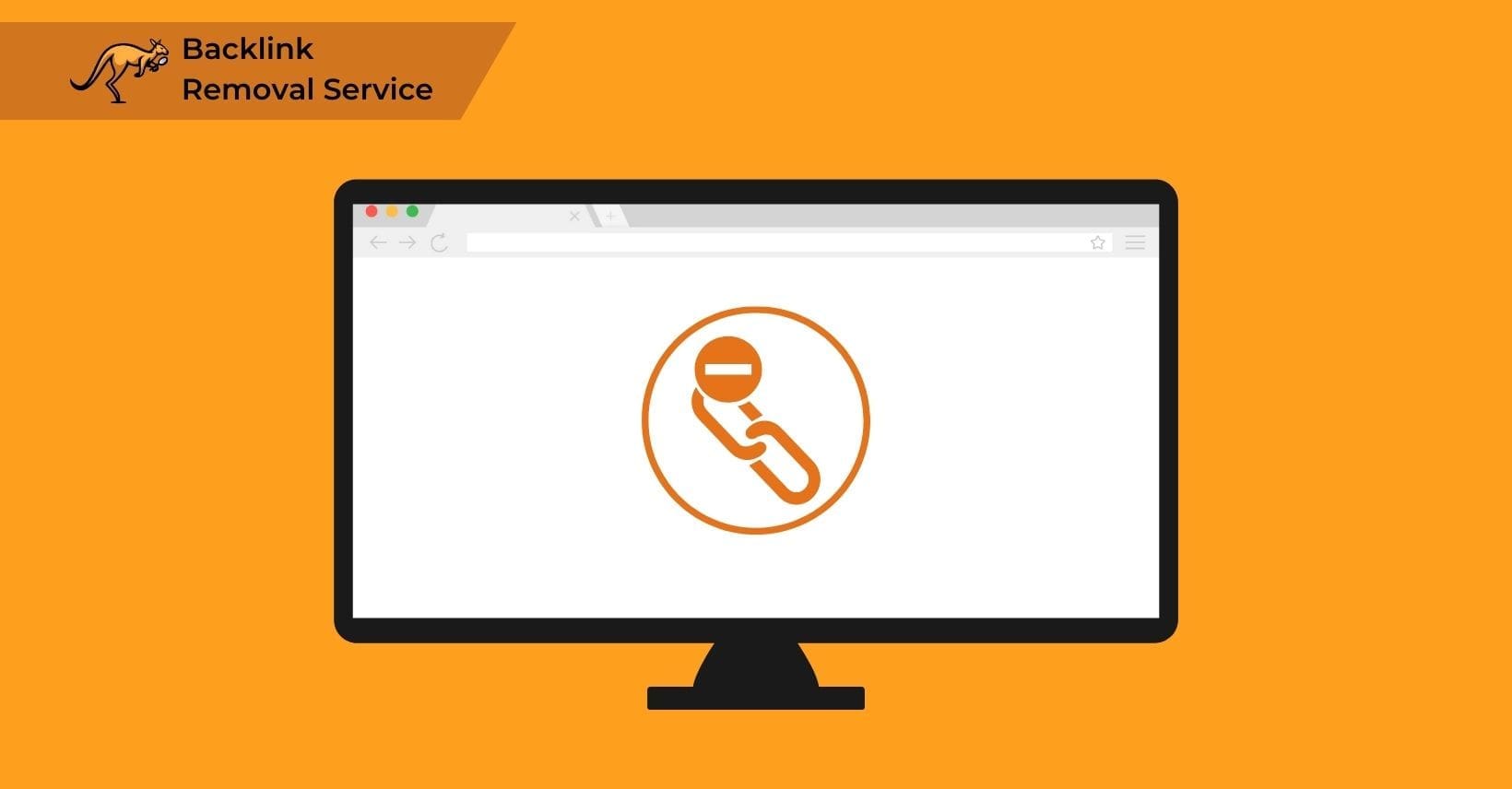In an era where organic search competition intensifies, the significance of ranking well cannot be overstated. Backlinks remain a pivotal factor in organic search rankings.
Backlinks to your eCommerce website not only enhance traffic but are vital for search engine visibility, which directly impacts your ranking potential. These connections suggest mutual endorsement from other websites and provide a straightforward route to your website, bolstering its visibility across search engines. Link building is instrumental in elevating your website’s status, driving more traffic, and boosting product sales.
As the importance of inventive link-building strategies grows for ranking with relevant keywords, we turn our attention to exploring various eCommerce link-building methods that could further enhance your site’s online presence.
eCommerce link building strategies
Link building for e-commerce is complex. Having a high ranking on Google for relevant phrases is the equivalent of having a physical store on a busy street. As long as you’re there at the right moment when people want to spend money, you’ll generate a lot of sales.
Using internal links and connections from relevant sites is necessary to accomplish this. Let’s start by looking at some of the best strategies for building links to your eCommerce store.
Link Building Tactics for Ecommerce Site Owners
Nofollow and dofollow links
Dofollow links pass authority and ranking power to your eCommerce website, while nofollow links indicate to search engines not to transfer ranking value through that link. Search engines consider dofollow links as votes of confidence for your site, whereas nofollow links serve different purposes such as referral traffic. eCommerce websites benefit from having a natural mix of both link types in their backlink profile.
Links and anchor text
Anchor text for eCommerce websites serves as a critical ranking signal that helps Google comprehend what your pages are about and influences how you rank for specific terms. You should aim to make your anchor text appear as natural as possible while including relevant keywords that match your product categories and offerings. A diverse anchor text profile with branded, exact match, and partial match variations creates the most natural link profile for eCommerce sites.
Internal vs External Link Building
Internal links for eCommerce websites connect pages within your own domain, directing authority to important product pages and categories while improving site navigation. Links pointing to a particular page on your site tell Google that the information on that page is valuable, which is why “Similar Products” feeds on product pages are effective for distributing link equity throughout your store.
External links for eCommerce sites are hyperlinks from other websites pointing to your online store, which transfer authority and ranking power from those sites to yours. Google interprets these external backlinks as independent votes of confidence that validate your eCommerce site’s trustworthiness and relevance within your industry.
Backlinks
It would be best to have a few conditions in place before you begin contacting other websites in your search for relevant backlinks. To get links that will boost your eCommerce website branding, follow these steps:
- Ensure that technical and on-page components are search-friendly.
- Analyze your audience.
- Create pages that are valuable and have quality links.
You’ll be able to make the most of each connection you secure once these parts are in place.
Investigate Your Target Market

If it isn’t evident by now, eCommerce link building is difficult! It would help if you had a thorough grasp of your audience to maximize your chances of success.
Understanding your audience for e-commerce link development has two advantages: you’ll know what kinds of sites they’re looking for and where they go online.
In reality, the sort of audience you have may influence your ability to develop links. People passionate about a topic or a pastime are considerably more likely to establish websites devoted to your items and, as a result, link to them. Consumers and enthusiasts exist in specific niches, and it’s crucial to recognize which exists in yours.
Although eCommerce sites exist to sell things, you still need non-promotional educational pages to expand your website and brand.
The audience that might profit from a connection to your product page is tiny (those who are ready to purchase), and other website owners will be wary of linking to commercial content – it is practically free advertising.
You can build trust and familiarity with your audience by providing information that will pay off when they’re ready to purchase. Furthermore, eCommerce link building allows you to route link equity from your instructional material to your product pages.
Create Linkable Assets
Linkable assets for eCommerce websites include comprehensive buying guides, industry research, infographics, and interactive tools that naturally attract backlinks due to their value. Creating these assets requires adding a blog area to your site with engaging content and then conducting outreach to encourage others to link to your articles, which builds authority that can be passed to product pages.
The most effective linkable assets for eCommerce sites can be identified by analyzing competitor websites in tools like Ahrefs and examining their “Top Pages by Links” section to discover which content types generate the most backlinks in your industry. After identifying successful content formats, develop superior versions that offer more value than competing resources to maximize your link acquisition potential.
Now that you have some ideas, you must generate content superior to your competitors. This improves the likelihood that people will connect to your resource rather than one created by your rivals.
Creating Affiliate Product Category Pages
Affiliate product category pages generate natural backlinks to your eCommerce website when you develop strategic partnership programs that incentivize content creators to promote your products. eCommerce stores that create dedicated landing pages for affiliates with unique tracking links receive high-quality backlinks directly to their product pages, which combines the benefits of sales generation with SEO improvement.
Your eCommerce site gains connections from high-authority websites when you select affiliate partners whose audience demographics match your target customers, creating a dual benefit of increased referral traffic and strengthened backlink profile that directly supports your product pages.
Donate to a worthy cause
Donations from your eCommerce business to charitable organizations, educational institutions, and community projects often result in acknowledgment backlinks when these organizations list contributors on their websites. eCommerce sites can strategically support causes that align with their brand values while requesting a backlink in their sponsors or supporters section, creating both goodwill and SEO benefits.
Open Source software projects and industry associations offer eCommerce businesses additional opportunities to gain quality backlinks through sponsorship programs, where your contribution is recognized with a link to your store, which passes authority while positioning your brand as a supporter of your broader industry ecosystem.
Product Reviews by Influencers

Influencer product reviews generate valuable backlinks for eCommerce websites when you identify and partner with content creators whose audience matches your target customers. eCommerce stores can secure these backlinks by reaching out to bloggers or websites in their field with personalized pitches highlighting the mutual benefits of featuring your products on their platforms.
The compensation structure for influencer backlinks varies based on the authority of the reviewer, with smaller bloggers often accepting free products in exchange for reviews that include links to your eCommerce site, while established publishers with higher domain authority may require monetary compensation alongside the product itself, making this strategy scalable for different budget levels.
There are a few things you should keep in mind. Sponsored reviews and articles should be marked, and the link should include a “no follow” tag to comply with Google standards.
Use Video Marketing
Video marketing generates backlinks for eCommerce websites by creating shareable content that other sites naturally want to embed and reference. eCommerce stores that produce product demonstrations, unboxing videos, and how-to guides receive backlinks when these videos are embedded on other websites, blogs, and resource pages, creating a dual benefit of engagement and link acquisition.
Video content for eCommerce link building extends beyond product showcases to include industry insights, manufacturing processes, and customer testimonials that attract links from industry publications and news sites. Google favors video material in search results, which increases visibility through video snippets and increases the likelihood of your eCommerce site earning backlinks from viewers who discover your brand through video content.
Should you buy Backlinks for SEO for your eCommerce Website?
Purchasing backlinks for eCommerce websites poses significant risks that outweigh potential short-term ranking benefits, as Google’s algorithms specifically target and penalize sites with unnatural link patterns. eCommerce stores should avoid buying backlinks and instead focus on earning them through content marketing, industry partnerships, and genuine relationship building that creates a sustainable link profile.
Ethical link acquisition for eCommerce websites involves forging partnerships with well-respected sites within your sector, which guarantees that your backlinks are both high-quality and relevant—factors highly valued by search engines such as Google and essential for long-term eCommerce success without the risk of penalties.
Adopting strategies like engaging influencers, writing guest posts on notable industry blogs, and active participation in forums can naturally secure high-quality backlinks. These tactics boost your website’s authority and foster lasting industry relationships.
By emphasizing ethical and strategic practices, you safeguard your website’s SEO progress and avoid potential penalties from search engines for questionable practices. Looking ahead, Searcharoo stands out as a prime choice for creating effective backlinks in the eCommerce sector.
What Makes Searcharoo the Best Option for Building Backlinks in eCommerce?
Searcharoo stands out as an effective backlink tool for eCommerce. It offers automated and scalable solutions for handling large volumes of backlinks easily.
Its integration with comprehensive SEO tools focuses on quality and relevant link sources, and strong analytics form a solid foundation. The platform’s user-friendly interface and strong outreach capabilities allow for effective engagement with influencers and niche sites.
Key to its success is its adherence to ethical ecommerce SEO practices and compliance with search engine guidelines, safeguarding the longevity and impact of backlink strategies. Given these attributes, Searcharoo is well-suited for ecommerce businesses looking to enhance their online visibility and drive sustainable growth.
Final Overview: Maximizing eCommerce Success Through Link Building
eCommerce SEO improves significantly through strategic link building that increases domain authority and passes link equity to product and category pages. eCommerce websites that create linkable assets on their blogs and then use internal linking to distribute that authority to commercial pages experience improved rankings for competitive product keywords without needing direct backlinks to those pages.
eCommerce sites boost their category and product pages’ authority, relevance, and trustworthiness by implementing a tiered link building approach where informational content attracts backlinks that flow through to commercial pages via strategic internal linking structures, creating a comprehensive SEO strategy that overcomes the challenge of acquiring direct links to product pages.
And if you’re looking for a reliable and experienced third-party that not only handles SEO for you but also guides you and helps shape the best link building strategy for your site, contact us.





